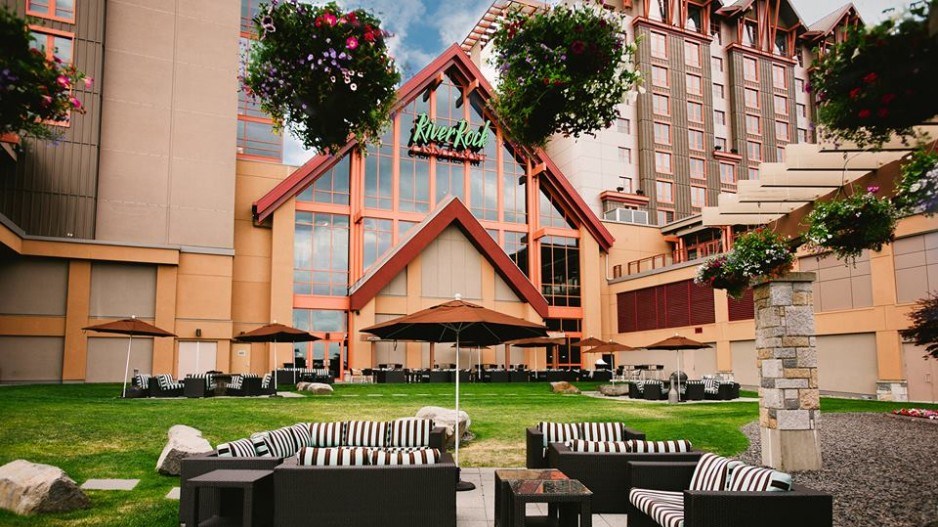Another British Columbia Lottery Corporation casino investigator informed the Commission of Inquiry into Money Laundering in B.C. Tuesday how senior management told him and others not to interview high rollers.
Stone Lee told Justice Austin Cullen how former BCLC vice-president of corporate security and compliance Terry Towns told a group of investigators to stand down on interviewing potentially suspicious gamblers in 2012, particularly at Richmond’s River Rock Casino and Resort.
“I recall he said, ‘you guys are not police officers,’” said Lee.
“It was my feeling you need to stop doing that,” is how Lee, then stationed at River Rock, described his interpretation of the message.
Great Canadian Gaming Corporation president and CEO Rod Baker’s name came up at a second straight day of testimony as the executive who told Towns the company was opposed to the interviews, which put a damper on revenues. Towns also said Baker was opposed to BCLC officials going into River Rock’s VIP salons, according to Lee.
Cullen also heard how Great Canadian officials were concerned about law
enforcement and regulatory activity on the casino floor as early as 2005.
Former Richmond RCMP chief Ward Clapham testified how he got a phone call from a Great Canadian executive in 2005 that uniformed police officer patrols in the casino were “bad for business.”
Great Canadian lawyer Mark Skwarok reiterated how it was the company’s legal duty to only file large and suspicious cash transaction reports, which it did. Skwarok assured the commission Baker never once interfered with a BCLC investigation.
Skwarok questioned Lee’s testimony, granted Lee was not present during the supposed conversation between Towns and Baker.
“He [Towns] stated Rod Baker,” said Lee.
Lee said BCLC investigators finally got explicit direction to interview high rollers in 2015, at the height of suspected money laundering through B.C. casinos. But generally, Lee told of a time before 2015, before government implemented better anti-money laundering policies.
Lee said there were moments when investigators were barred from casino surveillance rooms at critical moments of investigations (BCLC now has its own access to casino cameras, he said).
Lee said a colleague once asked him to falsify a FINTRAC document for a large cash transaction report that had no known occupation for the patron. Lee said he felt uncomfortable and left the part in question blank.
In another instance, Lee told of how his manager of investigations Gord Friesen told him that a $200,000 cash buy-in with low denominations was not considered suspicious if the casino knew the patron well enough.
Lee said he found that “unusual.”
Lee described communications between BCLC and the Gaming Policy and Enforcement Branch as a one-way street, whereby GPEB provided little support or information to him.
And he said high rollers received special treatment by casino officials.
Lee also told of Starlight Casino employees meeting in 2015 with alleged money launderer Paul King Jin, three years after he was banned from gaming facilities. And between 2012 and 2015, casino operators, under BCLC guidance, still did not ban patrons who received cash from loan sharks, such as Jin — who recently survived an attempt on his life at a sushi restaurant.
Jin was alleged to be part of an international crime network known as the Vancouver Model. The Crown dropped money laundering charges against Jin in 2018, following an error that could have disclosed an informant, the Vancouver Sun reported.
The hearing continues.



